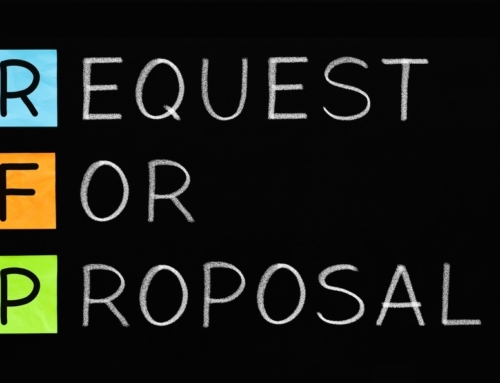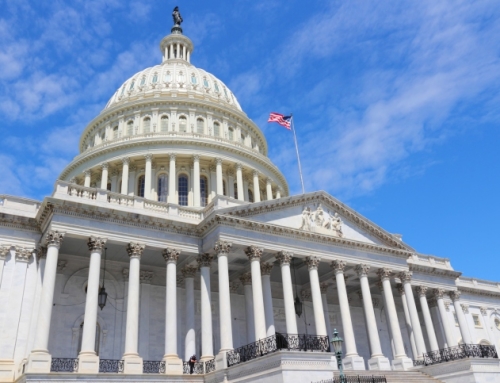A Connecticut federal judge on April 28 acquitted defendants in a high-profile no-poach case involving an engineering company and its suppliers of outsourced talent.
The former manager of Raytheon Technologies Corp. subsidiary Pratt & Whitney as well as five executives of outsourced engineering suppliers were indicted in December 2021 for allegedly conspiring not to hire employees from one another’s companies. The US Justice Department’s Antitrust Division had alleged that the former manager of the enterprise organization led the effort as the suppliers’ common customer and that the effort affected thousands of engineers and other skilled workers in the aerospace industry.
However, US District Judge Victor Bolden in his order determined that “no reasonable juror” could have concluded that competition had stopped in the market for skilled aerospace labor, Reuters reported.
“The alleged agreement itself had so many exceptions that it could not be said to meaningfully allocate the labor market of engineers from the supplier companies working on Pratt and Whitney projects,” Bolden wrote in his order granting the acquittal.
Several holdings in the court’s order will be consequential for no-poach litigation going forward, according to a JD Supra blog post by law firm McQuireWoods. The court held, consistent with “binding Second Circuit law,” “that not all no-poach agreements operate as market allocations,” so not all no-poach agreements are necessarily subject to the per se rule and criminal enforcement. The court then held that “[a]s a matter of law, this case does not involve a market allocation under the per se rule.”
Those acquitted were Mahesh Patel, Tom Edwards, Steven Houghtaling and Harpreet Wasan, all of Connecticut; Robert Harvey of South Carolina; and Gary Prus of Florida.
Despite this recent setback, the Antitrust Division has expressed its continued interest in pursuing no-poach cases criminally and undoubtedly will continue its efforts to prosecute no-poach agreements throughout the country, according to McQuireWoods. Other courts will have to decide whether to follow the Patel court’s analysis. Future rulings on whether no-poach agreements amount to a per se violation of the antitrust laws will continue to percolate through federal and state courts.
The case is United States v. Patel, et al, US District Court for the District of Connecticut, No. 3:21-cr-00220-VAB.









